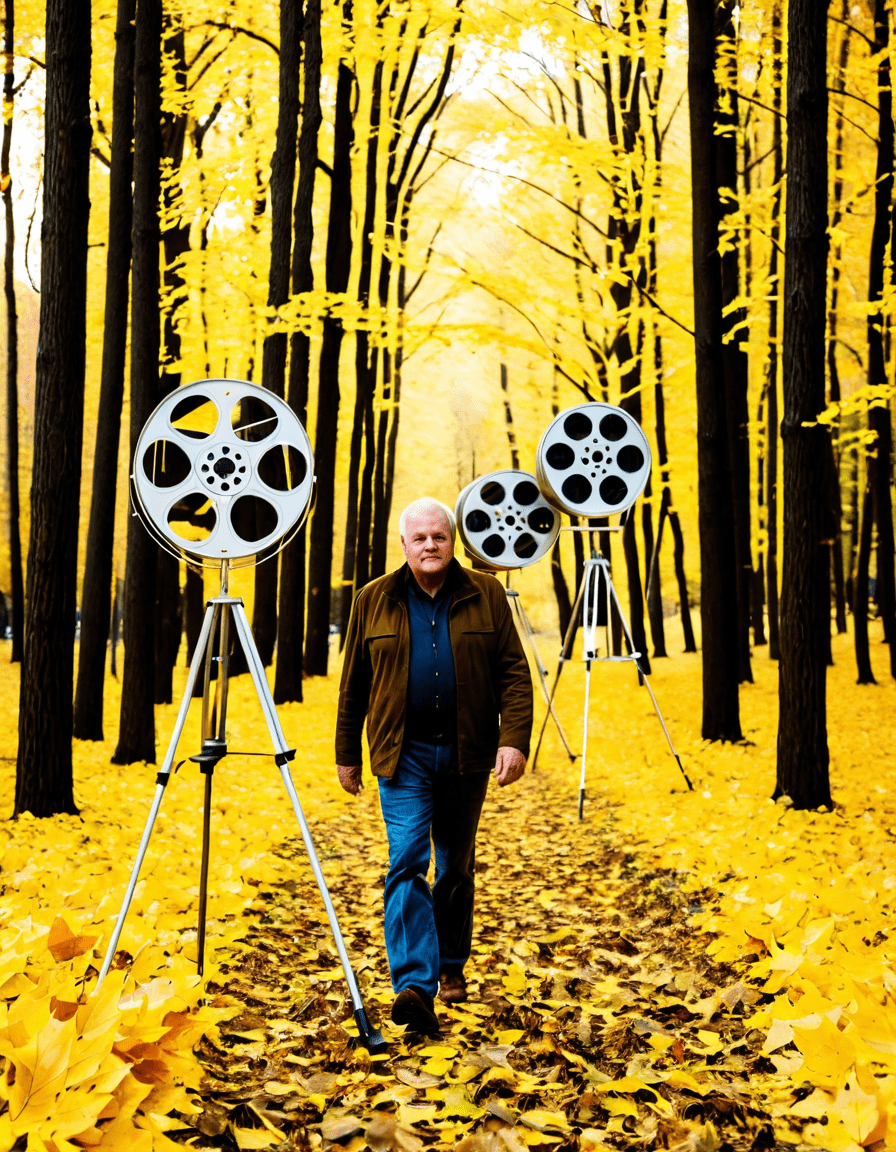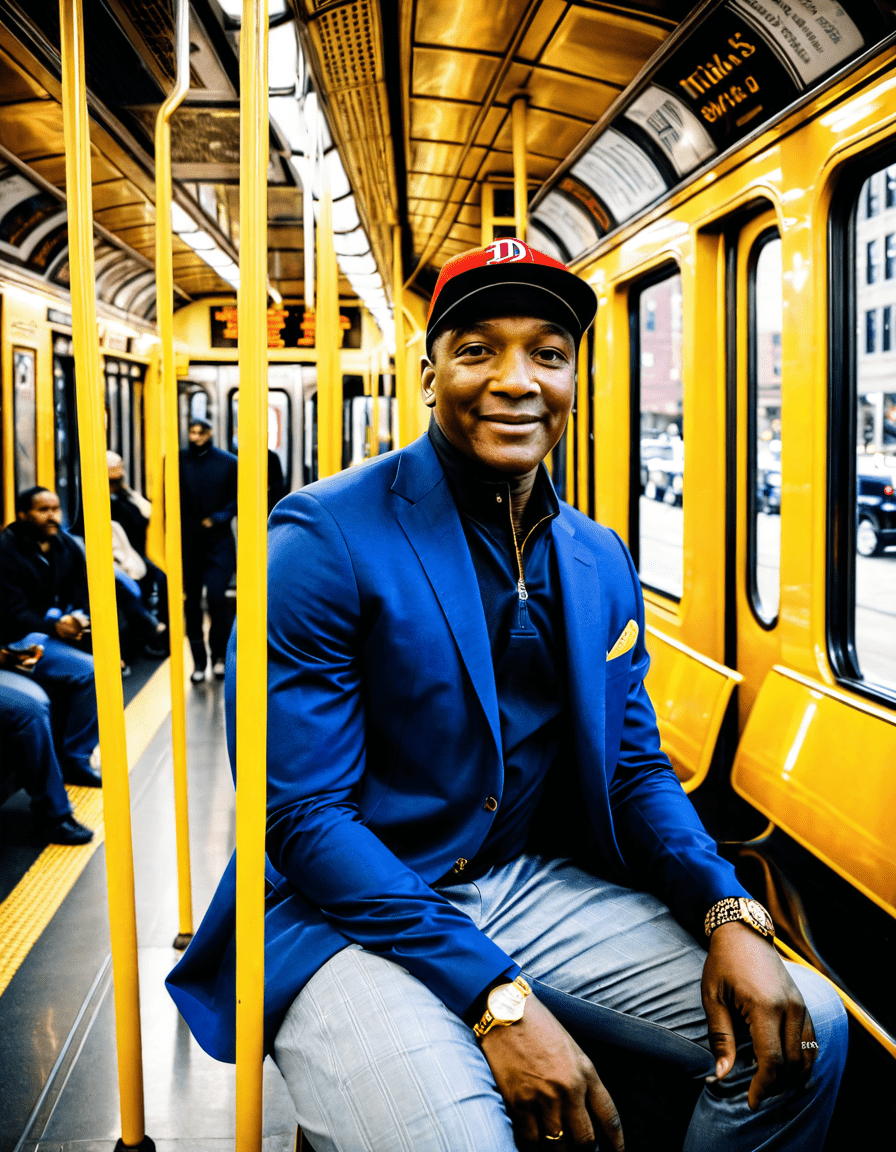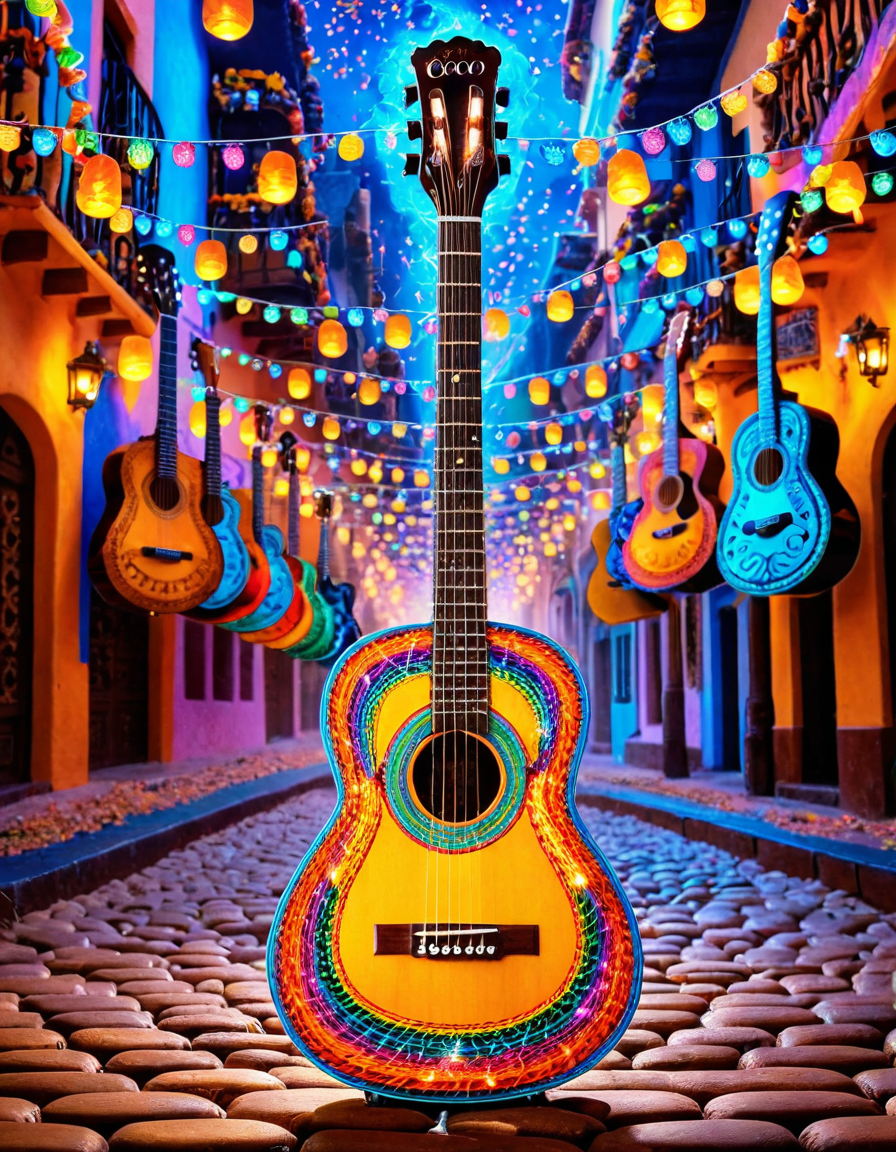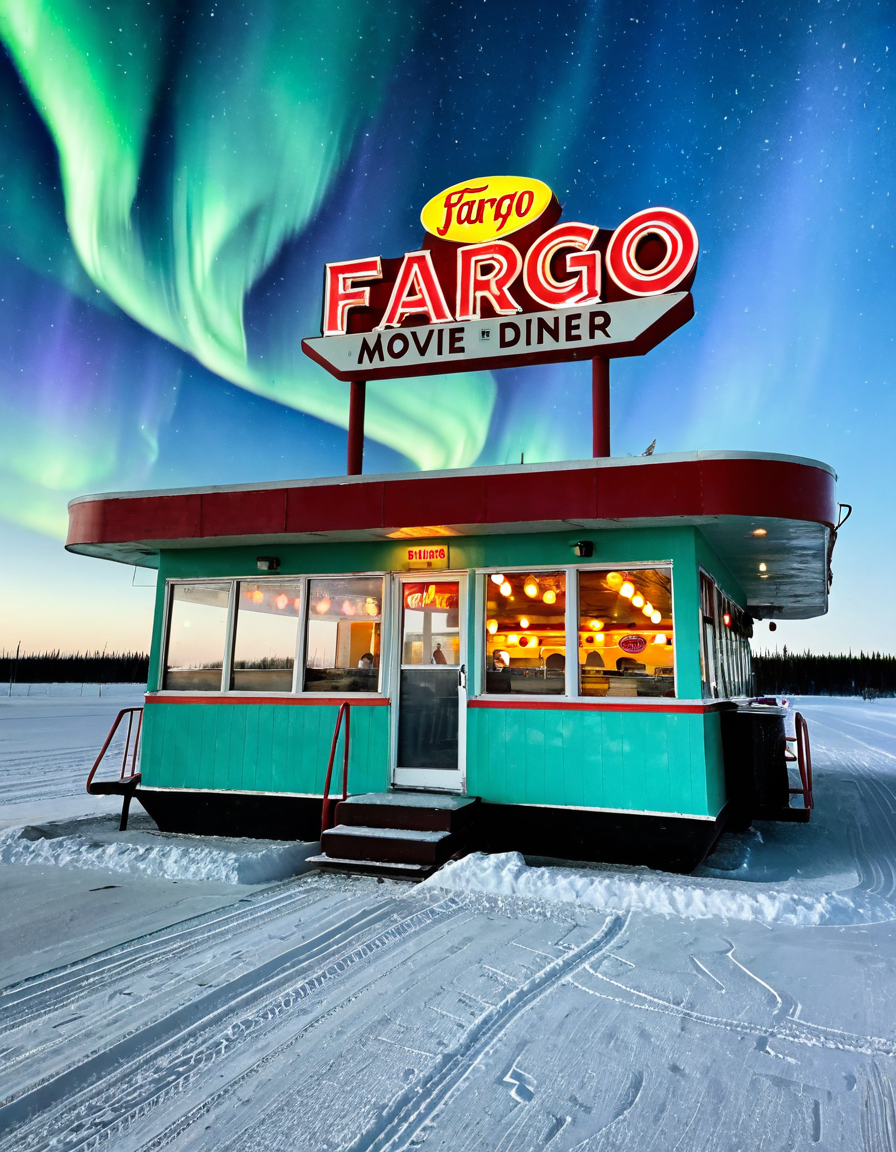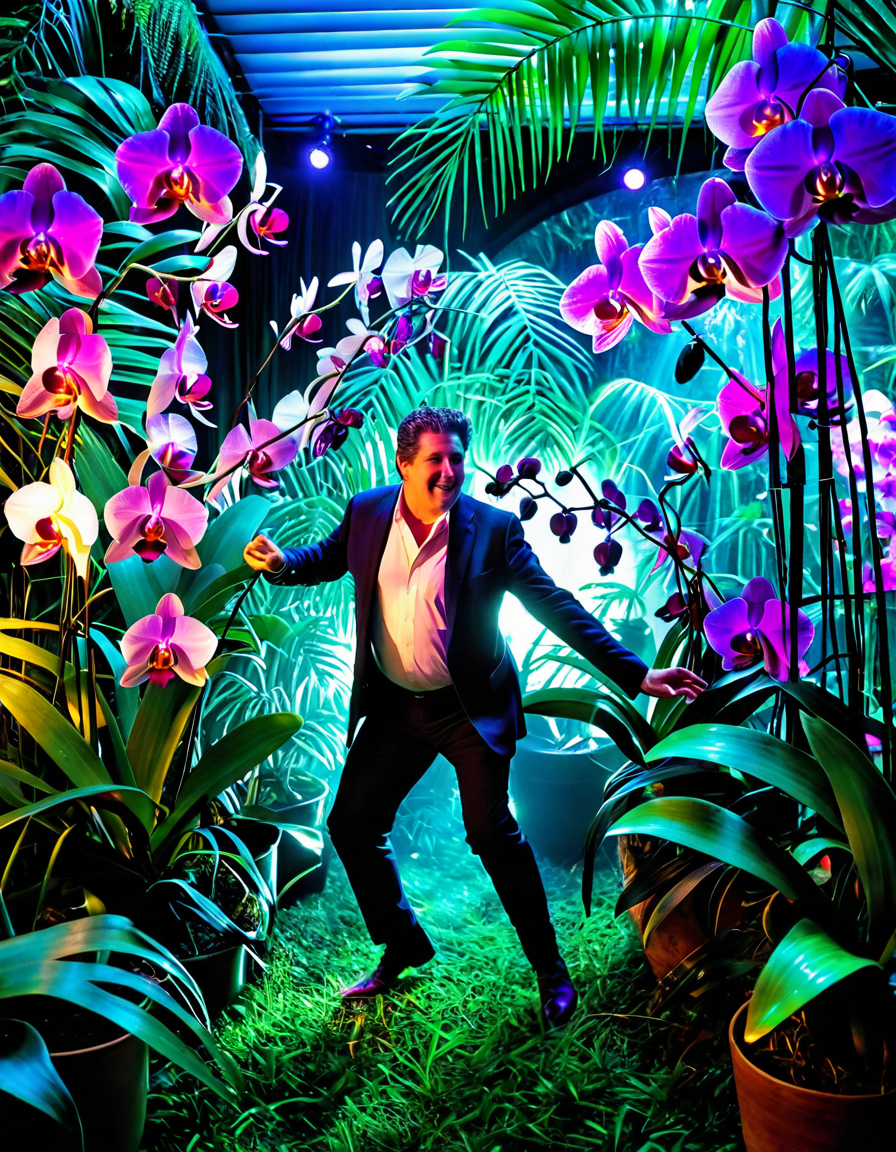Fidel Castro, a name synonymous with revolution and change, carved a unique niche as a leader of Cuba that still resonates deeply today. Born on August 13, 1926, in Birán, Cuba, his journey was more than just a series of events; it was the manifestation of a man shaped by wealth, education, and deep political currents. Understanding Fidel Castro’s leadership and legacy requires diving into the very fabric of his early experiences, tumultuous rise, and the traces he left behind.
## Fidel Castro: Leader of Cuba and His Impactful Legacy
Fidel Castro was born into a wealthy family, providing him with a more privileged education than most. His father, a sugar plantation owner, instilled a sense of business acumen, but it was the political environment of Cuba that influenced his formative years. Growing up amidst the struggles of the Cuban people, especially during the fight for independence from Spain and the looming shadow of U.S. intervention, young Fidel began to grasp the ideals of nationalism and anti-imperialism.
His years studying law at the University of Havana opened up doors to various radical ideologies, introducing him to figures like José Martí. Martí’s commitment to Cuban independence sparked Castro’s belief in the importance of sovereignty. The combination of Castro’s privileged background and the political turmoil around him created the perfect storm for a future revolutionary leader.

2. The 1959 Revolution: The Rise of Fidel Castro, Leader of Cuba
The medical term “coup” hardly does justice to the monumental changes brought about by the Cuban Revolution of 1959. Castro, alongside his allies like Che Guevara and Camilo Cienfuegos, led a series of well-planned guerrilla warfare campaigns against the corrupt government of Fulgencio Batista. The initial foray into the revolution began with the attack on the Moncada Barracks in 1953, which, despite its failure, set the revolutionary spirit ablaze across the island.
By 1959, Castro and his supporters had orchestrated a remarkable series of victories against Batista’s forces. January 1, 1959, marks a pivotal moment in history — Batista’s flight marked the beginning of Castro’s rise to power. It wasn’t just a replacement of one government with another; Castro promised substantial reforms that empowered the common Cuban, bringing hope in the form of education, healthcare, and a more equitable society.
3. Fidel Castro’s Economic Policies: Making or Breaking an Economy?
The economic landscape in Cuba underwent a seismic shift under Fidel Castro’s helm. Radical reforms, including the nationalization of industries and sweeping land reformation, aimed to redistribute wealth but sparked debates about their efficacy. Initially, Cuba witnessed remarkable improvements—illiteracy rates dropped, and healthcare became accessible to all. Those accomplishments should not overshadow the reality of an economy stifled by ongoing U.S. embargoes and a dependency on Soviet support.
Interactive assessments of Cuba’s GDP during Castro’s tenure expose a rollercoaster ride of economic successes and failures. The early years showcased incredible growth rates driven by investments in education and healthcare. However, the subsequent isolation led to stagnation, highlighting the struggle to maintain such benefits without considerable foreign backing.

4. The Role of Fidel Castro in Cold War Politics: Cuba as a Proxy Battleground
Fidel Castro’s leadership positioned Cuba at the forefront of the Cold War’s ideological battleground. His alliance with the Soviet Union marked Cuba not just as another Caribbean nation but as a pivotal player in global politics. The Cuban Missile Crisis of 1962, often referred to as the apex of Cold War tensions, saw Castro adopting a bold stance against U.S. intervention, catapulting Cuba into a global spotlight.
His engagements with leftist movements in Africa and Latin America underscored his commitment to anti-imperialism. Castro’s influence spread beyond Cuba, igniting revolutionary sentiments in nations worldwide. From Angola to Nicaragua, his support for various revolutionary movements showcased his dedication to promoting socialism as a viable alternative to Western capitalism.
5. The Religious Transition: Castro Meets Pope John Paul II and Pope Francis
Faith and politics rarely meet harmoniously, yet for Fidel Castro, the journey navigated between staunch atheism and an unexpected openness to religion marked a significant transition. His meeting with Pope John Paul II in 1996 was a pivotal moment, signaling reconnection with the Catholic Church and a broader acceptance of religious tolerance. This interaction laid the groundwork for easing restrictions on religious practices in Cuba.
Fast forward to 2015, and we see Pope Francis visiting Cuba, further fostering a more favorable diplomatic narrative for Castro. The significance of these meetings extended beyond personal beliefs; they indicated a calculated move towards mending Cuba’s image on the global stage. By addressing both religious needs and governance, Castro endeavored to align Cuba with a more progressive narrative that appealed both domestically and internationally.
6. The Legacy of Fidel Castro: Youth Perspectives and Global Reactions
As Cuba marches through the 21st century, the legacy of Fidel Castro remains divisive and controversial. Younger generations, largely untouched by the revolution’s immediate aftermath, offer a fresh perspective, one that seeks to establish identities beyond his historical shadow. They grapple with the complexities of living in a country shaped by his governance while aspiring for reform.
Internationally, reactions to Castro’s leadership vary widely. Some laude his achievements in education and health, while critics remain steadfast against his authoritarian tendencies. Influential figures like former U.S. Secretary of Defense Robert Gates weigh in on the ongoing discussions, providing a multifaceted interpretation that showcases the broader implications of his rule.
7. The Cultural Impact of Fidel Castro: Art, Literature, and Identity
Castro’s influence stretched far beyond politics and economics, deeply embedding itself into Cuba’s cultural landscape. The state-sponsored initiatives helped nurture artists and writers, such as poet Nicolás Guillén and visual artist Ana Mendieta, whose works became emblematic of a vibrant national identity. These creative expressions flourished amid the revolution, reflecting the hopes, struggles, and spirit of the Cuban people.
The revolution was a dual-edged sword for the arts. While it encouraged cultural development, it also imposed strict controls over artistic freedom. This paradox led to a complex cultural dialogue, where creators battled the line between creative expression and state censorship. The resulting artistic tapestry adds layers to an understanding of Cuba’s national identity stemming from Castro’s policies.
Wrapping Up: The Enduring Complexity of Fidel Castro’s Legacy
Fidel Castro’s leadership remains a tapestry of intrigue, revolution, and controversy. His legacy, a mix of commendable achievements and troubling failures, brings forth dialogues about governance, sovereignty, and human rights. As Cuba navigates its future path, the complexities of Castro’s influence echo in both the sentiments of Cubans and the international community.
Cuban society today continues to grapple with its revolutionary past and the repercussions of Castro’s decisions. In no small way, this narrative underscores a crucial takeaway: history isn’t stamped in black and white. Black-and-white categories simply do not encapsulate the myriad of experiences derived from a leader’s impactful tenure. Castro’s legacy, far from being settled, remains a vibrant discourse that shapes Cuba and its place on the world stage.
As travelers explore the islands and people shaped by such a legendary figure, understanding the heart of the matter can enrich their journeys, offering greater insight into Cuba’s dynamic culture and community.
Fidel Castro Leader of Cuba: Fascinating Trivia
A Leader Shaped by Education and Ideology
Fidel Castro, leader of Cuba, wasn’t just a political figure; he was a man shaped by his diverse educational experiences. Before his rise to power, he studied law at the prestigious University of Nebraska-Lincoln, where his views on social justice began to crystallize. Interestingly, while he was passionate about revolutionary ideas, Castro also had a deep appreciation for culture. This is reminiscent of the depths explored in The Big Bang theory, where characters delve into complex discussions that weave in humorous perspectives. Castro’s inclination towards such intellectual discourse would later influence his speeches, often packed with references to literature and history that captivated audiences.
An Icon of Revolution and Inspiration
Castro’s legacy is a mix of admiration and debate. He wasn’t just a socialist icon but also a figure who inspired films and art, akin to the emotional storytelling seen in A Little Life Cinema. His life story, full of triumphs and controversies, played a crucial role in shaping Cuba’s identity. Interestingly, while many focus on his revolutionary tactics, the impact he had on cultural paradigms is often overlooked. Take a look at the entertainment industry today; films like Rise Of The Planet Of The Apes and the discussions they inspire reflect themes of rebellion and resilience very much in line with Castro’s narrative.
Friendships and Foes
Not every relationship Castro built was smooth sailing. His style sometimes polarized loyalties, creating friend Groups that were as much about ideology as companionship. For instance, some of his closest allies were scholars, like Keith Moore, who shared a vision of a more equitable society. On the flip side, many nations grew increasingly wary of his strong-arm tactics, shaping the geopolitical landscape to this day. For anyone curious about the dynamics of such friendships and how alliances form under pressure, it’s akin to understanding the plot twists in popular shows like Yellowstone. Each turn reflects not just personal ambitions but national aspirations and fears.
In conclusion, the influence of Fidel Castro, leader of Cuba, stretches far beyond politics. His educational background, a penchant for cultural criticism, and intricate relationships demonstrate a legacy rich in complexity. Whether you’re exploring the cultural references that echo his experience or evaluating his sociopolitical impact, it becomes clear that he was indeed a figure worth examining.










